As melt starts, Quinte prepares for a lot of water and then none
How one Ontario conservation authority is tackling unpredictable weather
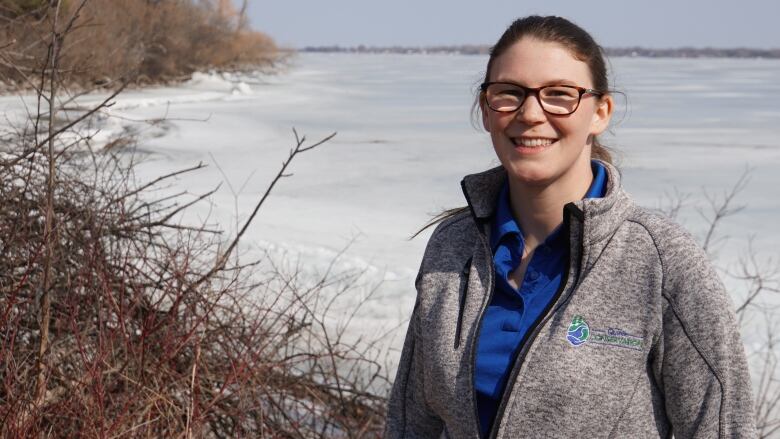
It's spring thawtime and thatmeans Christine McClure can't take holidays. She's got melting snow to track.
All that melt means flooding forQuinte Conservation, where McClure manageswater resources. Just how bad this year's flooding will be is anything but predictable. And that's more and more the case, here and elsewhere in Ontario, as extreme weather events occur more frequently.
"That isone of the increasing challenges," she said. "Localized high intensity rainfall events on small urban watersheds are extremely hard to predict, especially in our watershed."
- Introducing the New Wave, a series of stories tackling Ontario's water woes
- The New Wave Part 2:Canada just cut the amount of lead allowed in water in half here's what it means
McClure is on the front lines of dealing with that new reality.As it is with many other communities, Quinte has dealt with a whole spectrum of extreme weather first-hand. There have been historicfloods, ice jams and a slushy-like phenomena called frazil ice. And there have also been droughts.
She measures conditions, like weather and water flow, to guess how much it will flood. Unpredictable weather has made anticipating what is coming a much trickier proposition.
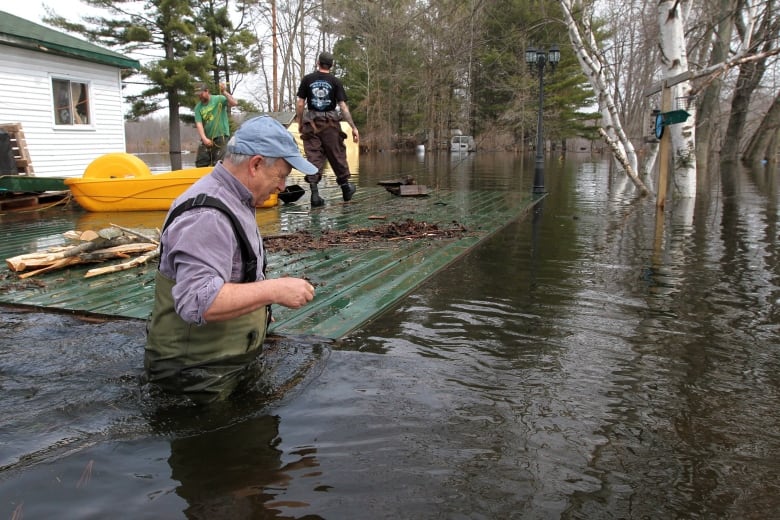
The area, on the north end of Lake Ontario, is home to the 98 kilometre long Moira River and the Bay of Quinte, directly connected to Lake Ontario. While there may be a lot of water now, Quinte lacks it come the summer.
"This area is quite vulnerable to drought.It is of concern to both ourselves but also to the public who relies on a source of water for sanitation and [drinking]," McClure said. "It doesn't just affect people. It affects the ecology as well."
And while floods happen fast, droughts can last a long time.
To learn more how conservation authorities are tackling unpredictable weather,tap on the audio player below.
Adapting in a low-lying area
A big part of the problem is that Quinteis a low-lying area. One of the hardest hit parts has been the small community of Foxboro, north of Belleville.
The community is often the first to flood when the spring runoff gets bad. Itwas home to two substantial floods in 2008 and 2014. McClure explains many of the houses there were built beforeflood plain regulations, which would protectthem from frequentflooding.
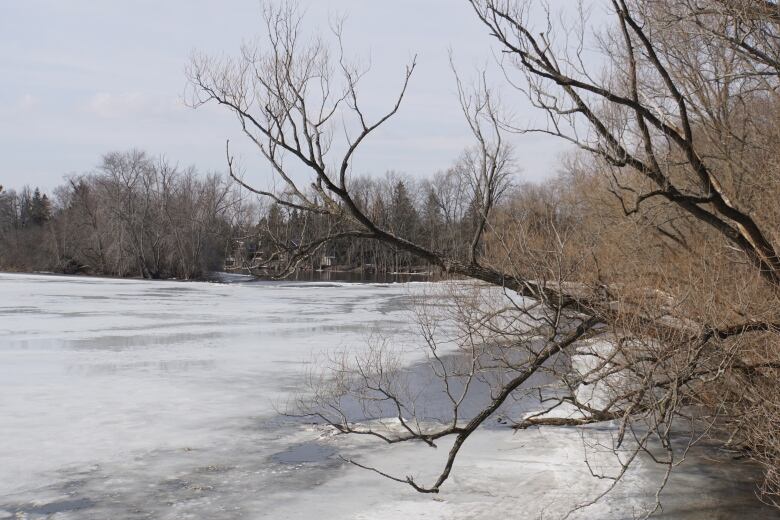
"This area has experienced some extreme flooding," she said.
"There's definitely houses in this area that would be underwater essentially or at least their first floor would be underwater in a 100 year event."
The conservation authority is currently working to develop a flood mitigation plan for Foxboro, aimed at reducing the impact and cost of flooding there.
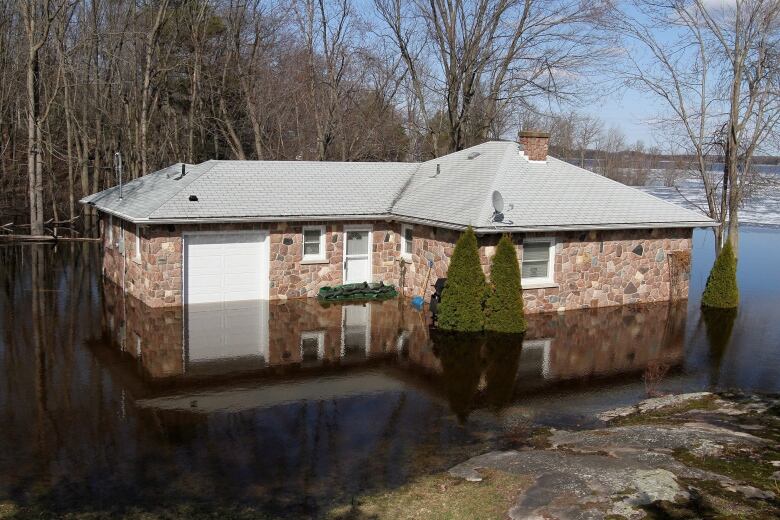
It's an example of how Quinte has had to adapt. The conservation authority installed ice control structures throughout the mid-20th century, which havehelped keep ice jams at bay. 40 dams have also been put up, so water can be held back or left to flow.
"They're only a piece of the puzzle. They can't solve all of the problems depending on how much water you're dealing with," McClure said.
'Need to plan for extreme events'
McClure is hesitant to say how big of a role climate change plays in thisshe said she's not a "climate scientist."
Climate change hasled to more extreme weather events though like heavy downpours and freak storms. Those have complicated her work, as much as she may predict or prepare.
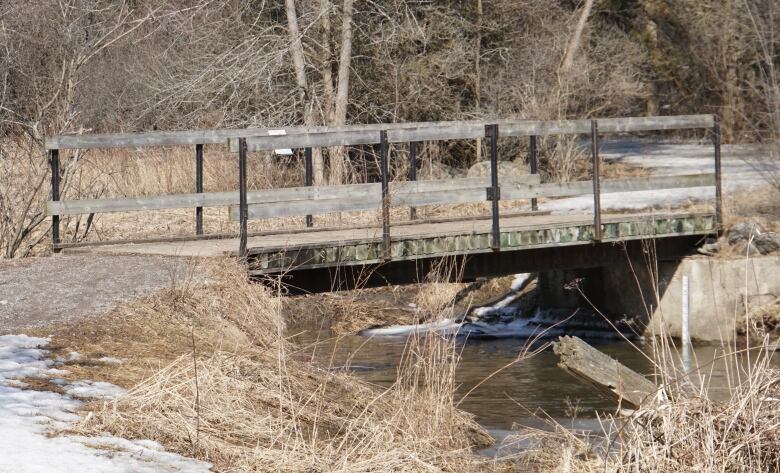
"There have been times when we've issued both a flood outlook statement at the same time we were in low water conditions," she said.
"Regardless of whether it's climate change or not, we need to plan for extreme events."













_(720p).jpg)


 OFFICIAL HD MUSIC VIDEO.jpg)
.jpg)



























































































